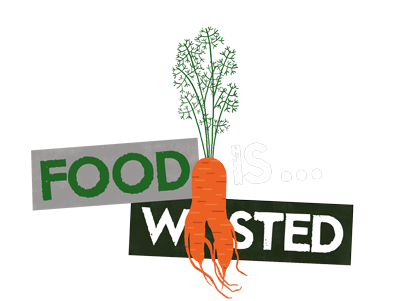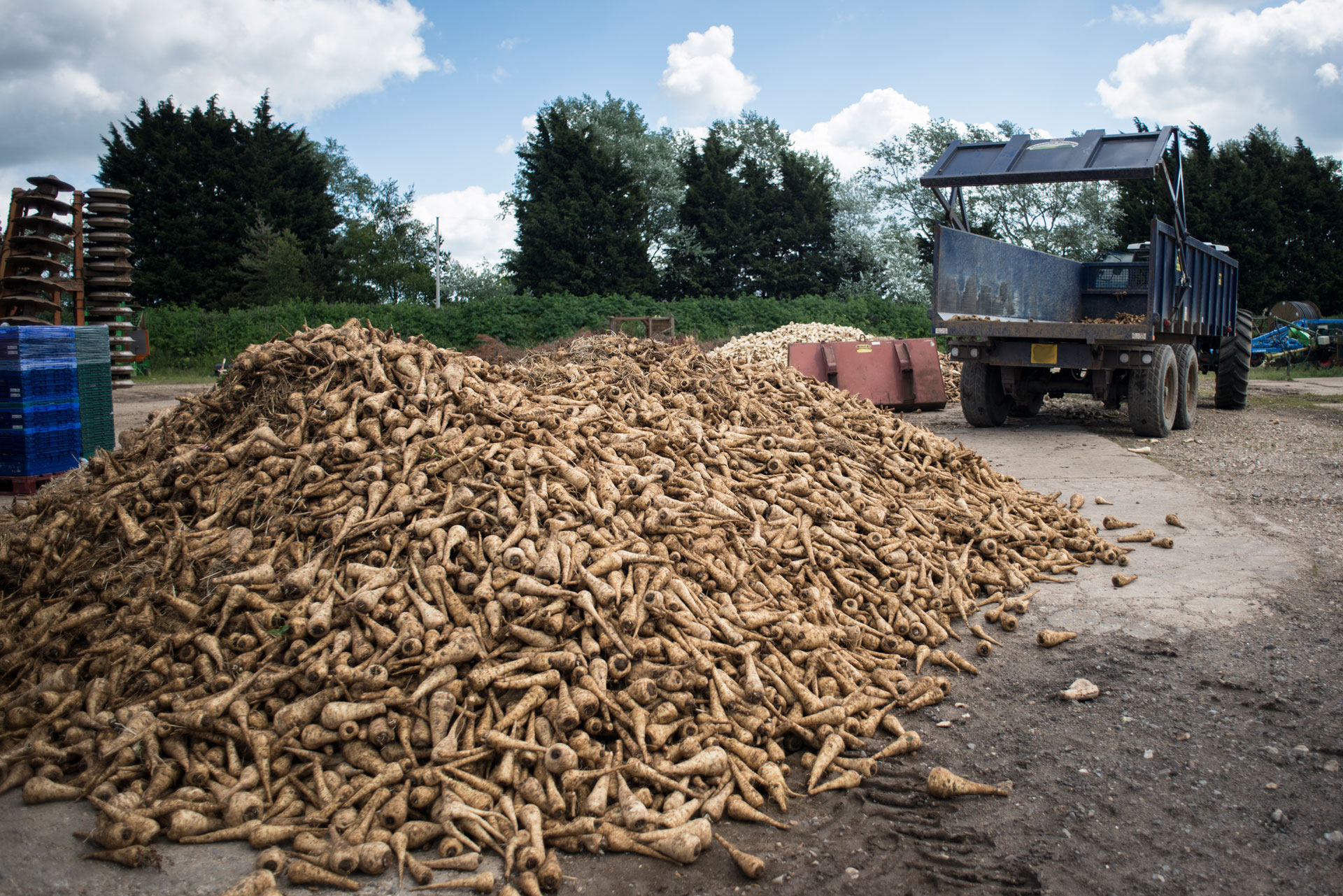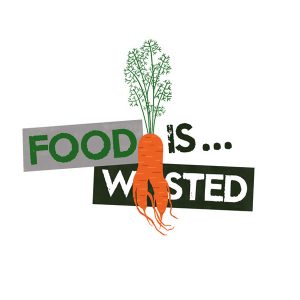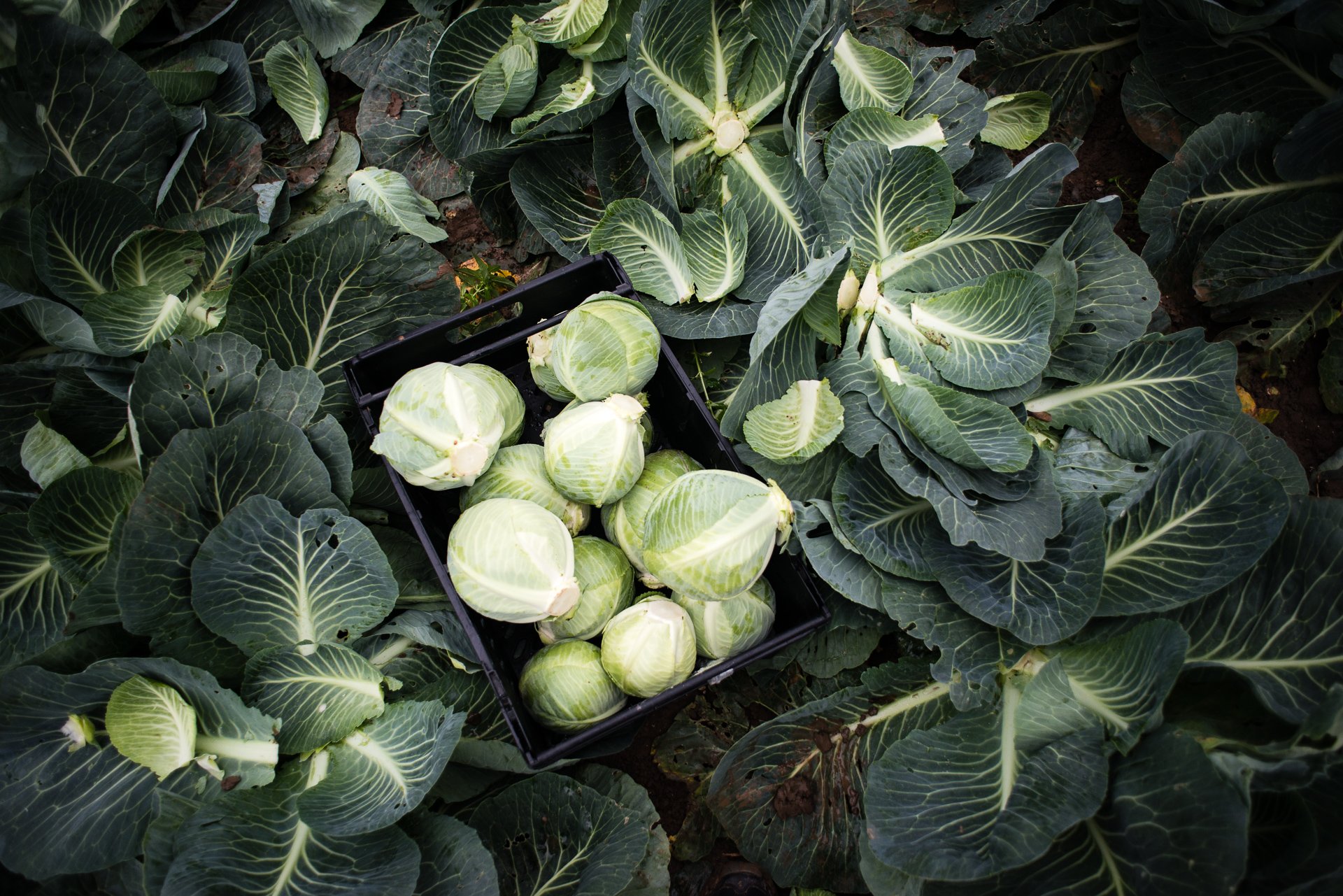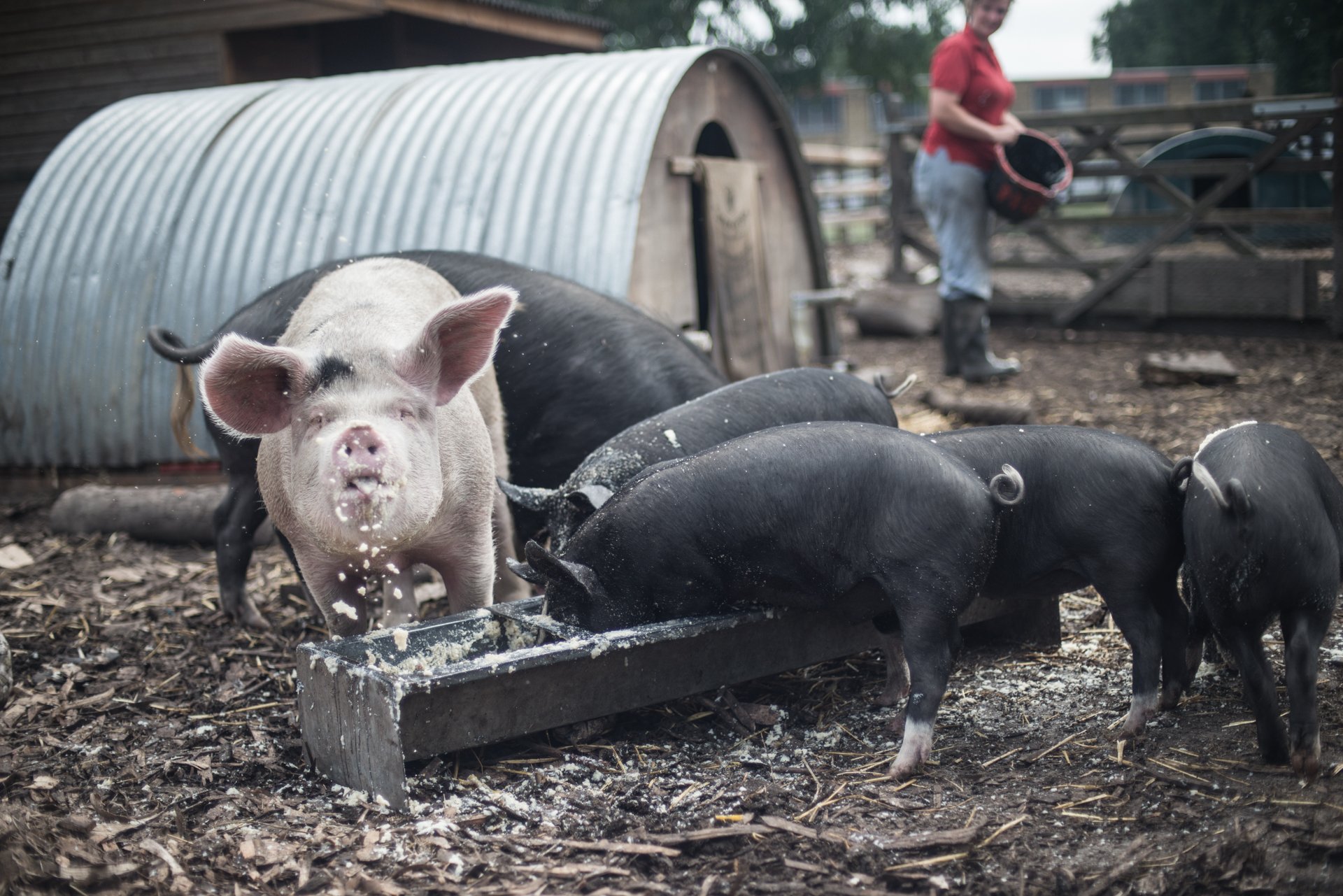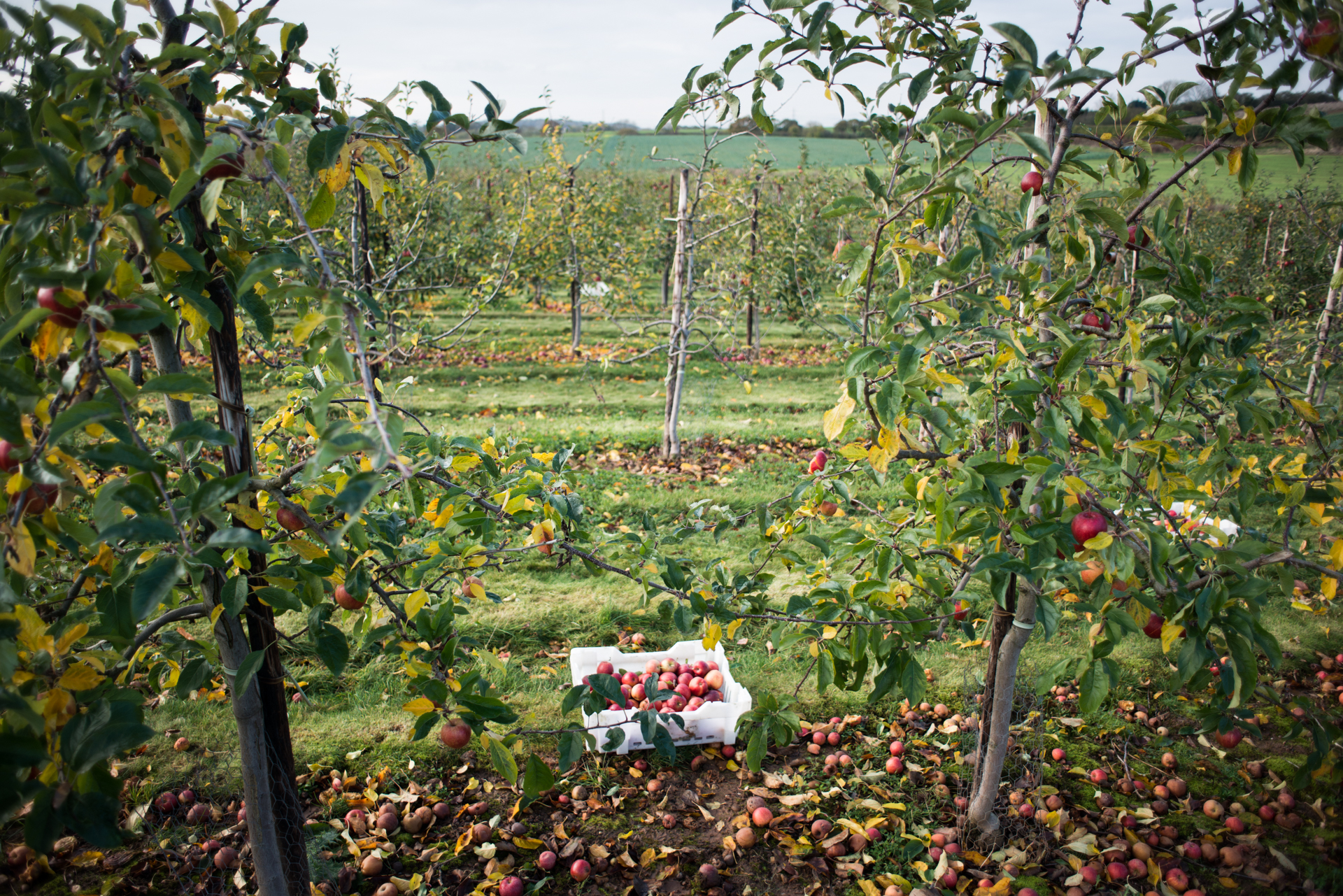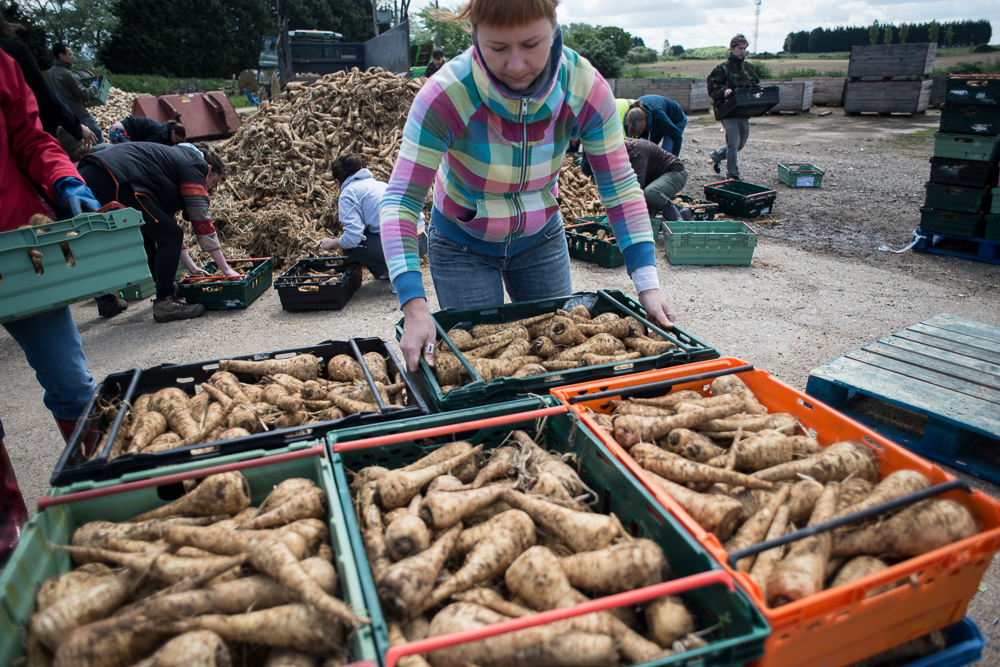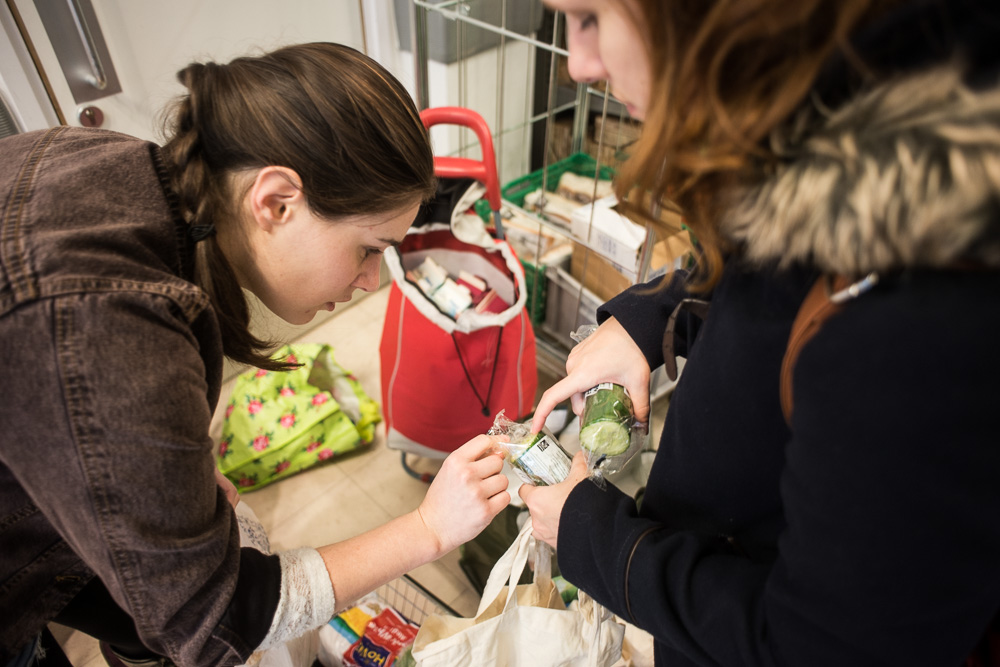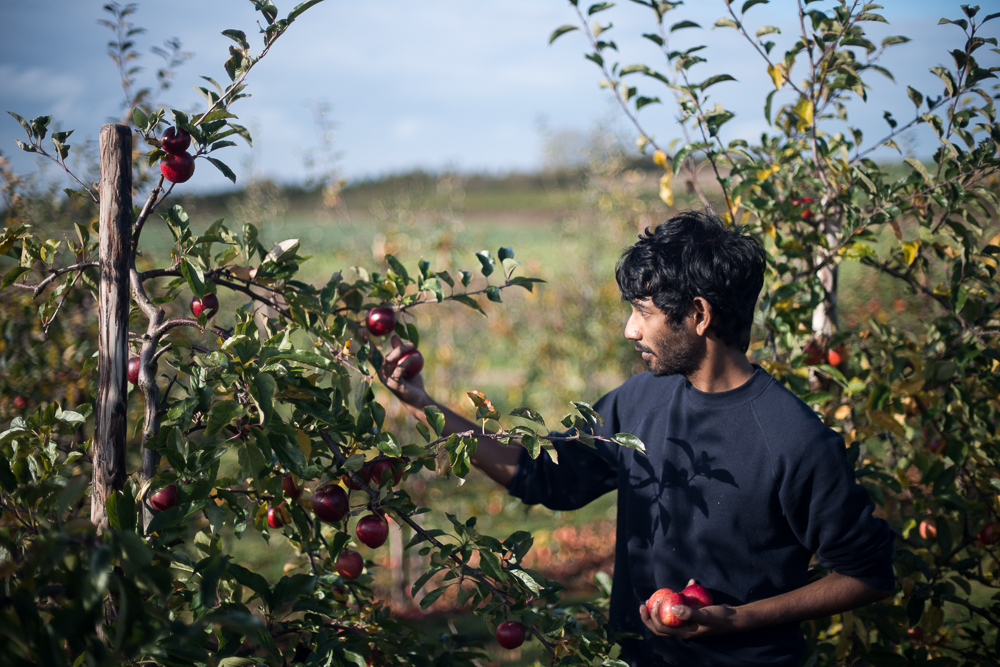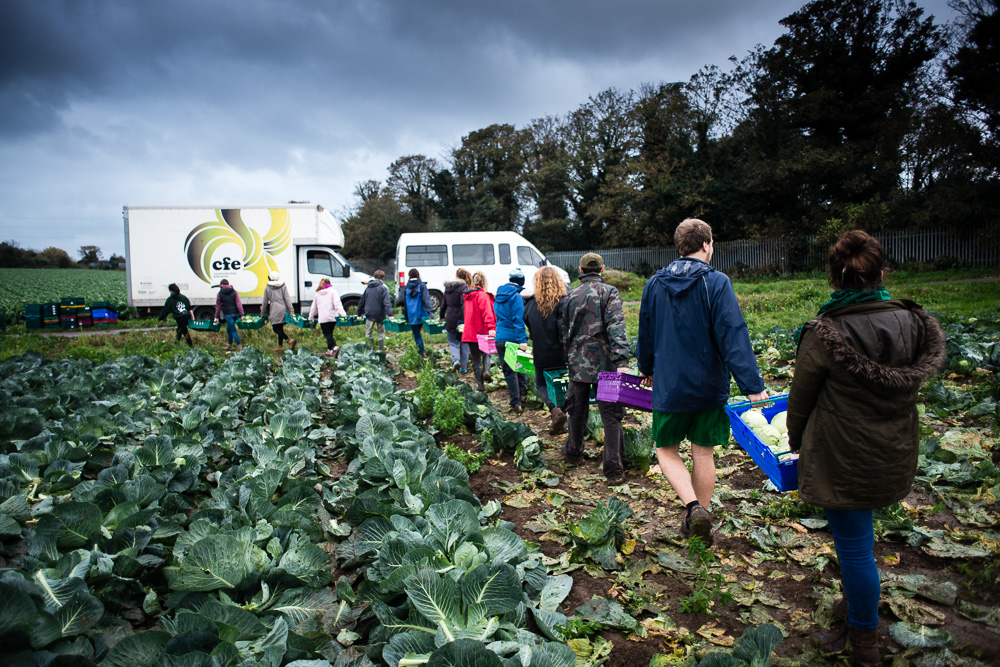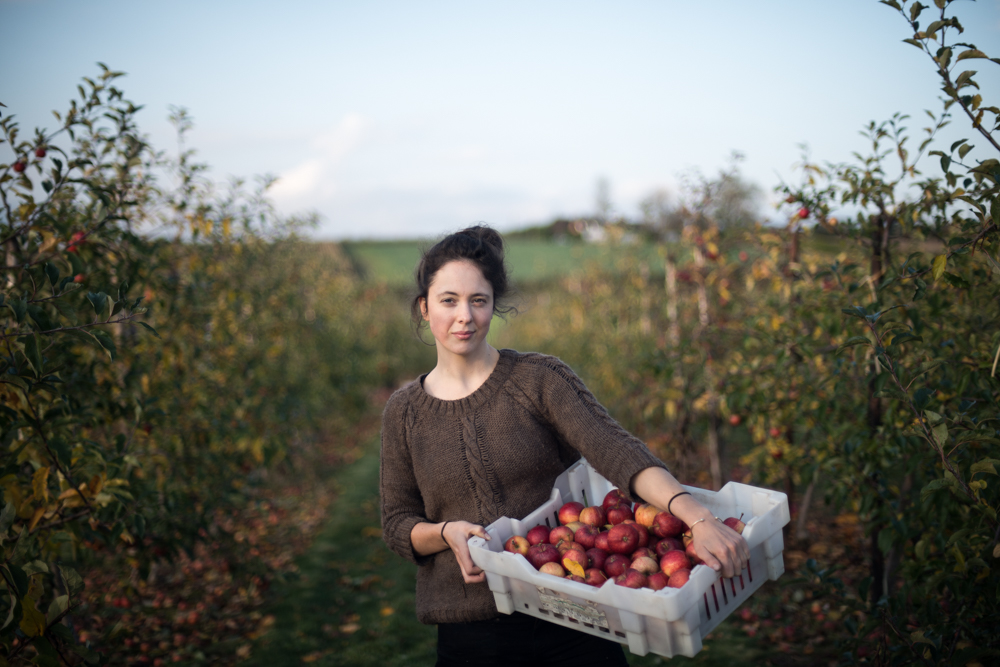Food waste is an incredibly important issue, with so many layers, affecting all the critical issues of our time – from climate change and soil degradation, to water pollution and deforestation.
While awareness of the issue of food waste has grown over the years, but when considering the nature of it and impact it has, it still remains under-reported. It was the lack of media attention, and general lack of awareness around the issue at the time, that motivated me to share my journey with everyone as I explored the causes, consequences, and potential solutions to addressing the issue of food waste.
While the project started off as photographic in nature, my desire to connect with as wide an audience as possible led me to explore other means of engaging people on the topic. This also led me to explore a solutions-focused approach, as this dynamic, divisive era we live in leaves little room for hope, and I believe this is reflected in people’s lack of engagement with particular events and issues.
While global and national political and climate events exacerbates this, if you look at a local level, there are so many individuals and organisations doing what they can to generate and nurture hope, and counter the forces that are at the root of the issues we all currently face.
It has been an amazing experience to meet these people on my journey, and document their activities and stories, and I really hope you get inspired by what I’ve shared on this site and take action.
Reducing Avoidable Food Waste
Food waste is a complex, multi-layered issue, and as such there is no single solution. The issue exists because of deeply-rooted flaws within the food system, which itself is a result of failings in our political system, the loss of traditional food culture, and the rise of industrial food production and manufacturing. So, without systemic change, there is no solution as such.
Instead there are many different ways in which positive, constructive action can be taken to reduce the amount of edible food needlessly going to waste. I’ve been documenting some of the activities of people and organisations doing exactly that. To learn more about some of the actions different people have taken to help reduce avoidable food waste, listen to the podcasts, and delve into the other content of the Food Is Wasted website.
Causes and Consequences of Food Waste
Broadly speaking avoidable food waste is a result of flaws in our current, industrialised food system and a food culture that has puts convenience first, and undervalues the true cost of food production and manufacturing.
In the Global North the household is considered to be the biggest culprit, through consuming too much and spoilage. However, I would dispute this – the information used to create the statistics was limited, and due to a lack of data did not factor in farm-level food waste. In the Global North avoidable food waste is largely from spoilage due to insufficient storage and transportation.
As for the consequences, well the best statistics we have, which are based on limited and dated data, and so under-represent the true extent of the impact, indicate that if food waste were a country, it would be the third biggest greenhouse gas emitter after the United States and China.
Beyond the carbon footprint, there is the deforestation, the soil degradation, the water pollution and insecurity, biodiversity loss, and many more issues to which the industrial food system is a big contributor. When globally we are wasting around a third of the food we produce, all the resources used to produce the food are also going to waste, and all those trees being felled, soil being depleated of its nutrients, fertiliser running-off and polluting the rivers and seas, and vital polinators being wiped out by excessive use of pesticides, is all being carried out to produce food that is simply wasted. It’s a crime of epic proportions.
While much of my work on the subject of food waste has focused on the work being done to reduce it, in my articles I tend to focus more on the causes and consequences of it. Here are a couple to get you started.
